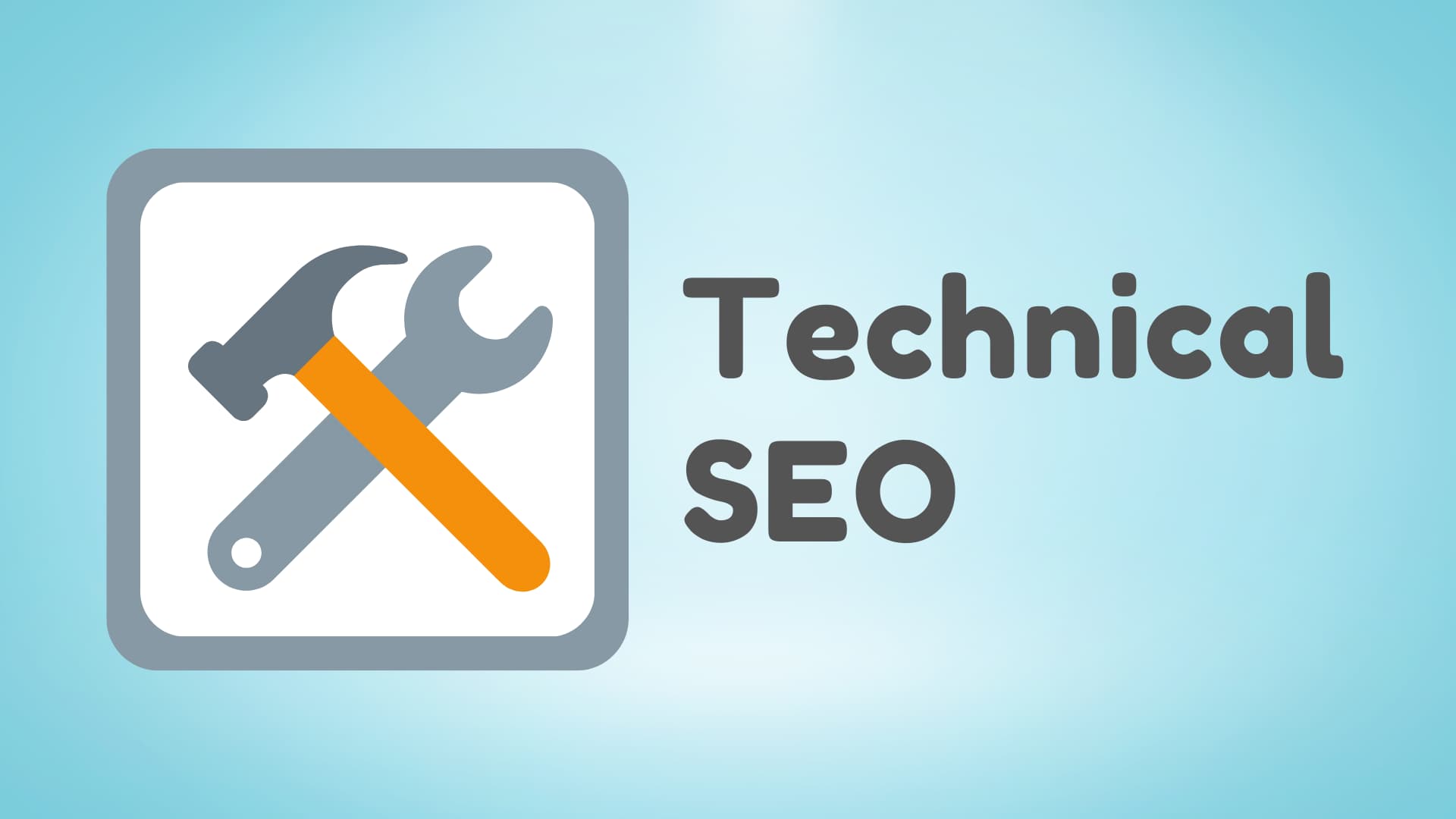Welcome, web optimization and search engine positioning enthusiasts! Today, we’re delving into the world of technical SEO to discover everything you need to know to optimize your website to the fullest. Get ready to stand out from your competition and reach the top positions in search engines. Let’s get started!
Technical SEO: A Complete Guide
In this first section, we’ll dive deep into the fascinating world of technical SEO. Whether you’re a beginner or looking to enhance your knowledge, you’re in the right place. Here, you’ll uncover the best-kept secrets to optimize your website and achieve better visibility in search results.
Technical SEO is a fundamental discipline in the digital marketing world. It involves optimizing various technical aspects of a website to improve its positioning on search engines. Through different techniques and strategies, the goal is to make the website more relevant and appealing to search engines, resulting in increased visibility, traffic, and conversions.
Optimizing the Speed and Performance of Your Website
One of the most crucial aspects of technical SEO is the speed and performance of your website. Remember that users have little patience for slow-loading pages.
The loading speed of a website is critical for both users and search engines. Users expect pages to load quickly, and search engines reward websites that offer a fast and smooth user experience. Therefore, optimizing the speed and performance of your website is fundamental to improve its positioning in search results.
Clean Code and Semantic HTML: Keys to Successful SEO
In this section, we’ll discuss the importance of maintaining clean code and using semantic HTML on your website. Not only will it make your page easier to understand and maintain, but it will also play a crucial role in your website’s positioning on search engines. Discover the keys to achieving successful SEO by using these techniques smartly.
Clean code and the use of semantic HTML are crucial for successful SEO. Clean code makes the website more understandable and maintainable, improving user experience and navigability. On the other hand, the use of semantic HTML helps search engines understand the structure and content of your website, which can enhance its positioning in search results.
Improving the Indexing and Internal Structure of Your Site
Without proper indexing and a well-defined internal structure, your website may go unnoticed by search engines. In this section, you’ll learn how to improve the indexing of your pages and create an internal structure that facilitates both user navigation and search engine crawling.
Indexing is the process by which search engines collect and store information about web pages. Proper indexing is crucial for your website to appear in search results. Additionally, a well-defined internal structure makes it easier for users to navigate and helps search engines understand the hierarchy and relationship between different pages on your website.
Keep Your Site Secure: Security Considerations in Technical SEO
The security of your website is crucial, not only to protect your users’ information but also to maintain a good position in search engines. Discover the security considerations you need to take into account to secure your website and keep it safe from malicious attacks.
In today’s digital world, security is a constant concern. Cyberattacks are becoming increasingly sophisticated and can have a devastating impact on your website and business. Therefore, it’s essential to implement appropriate security measures to protect your website and user information. Moreover, search engines also consider the security of a website when determining its positioning in search results.
Redirects and Internal Links: Strategies for Efficient Navigation
Redirects and internal links are crucial for efficient navigation on your website. Expand your knowledge on how to use them strategically to improve the user experience and facilitate the crawling of your pages by search engines.
Redirects are useful when you need to guide users to a new page or consolidate multiple pages into one. On the other hand, internal links are links that connect different pages within your website. These links help users navigate your website more easily and also facilitate the crawling of your pages by search engines.
Understanding HTTP Responses and Their Impact on SEO
In this section, we’ll delve into the fascinating world of HTTP responses and their impact on SEO. Discover how to respond correctly to search engines and avoid errors that could harm your positioning.
HTTP responses are codes that the web server sends to the user’s browser to indicate the status of the request. These codes are important for both search engines and users, as they indicate whether the page has loaded correctly, if there has been an error, or if it has been redirected to another page. It’s crucial to understand how HTTP responses work and how to respond appropriately to search engines to avoid errors that could harm your positioning.
Ensuring Multiplatform and Mobile Compatibility of Your Site
In the era of mobile devices, it’s crucial to ensure the compatibility of your website with different platforms and provide an optimal experience for your users. Learn how to adapt your website to different screen sizes and make the most of mobile navigation.
Today, most people access the Internet through their mobile devices. Therefore, it’s essential that your website is optimized to offer an optimal experience on these devices. This involves adapting the design and structure of your website to different screen sizes, as well as optimizing loading speed and usability on mobile devices. By ensuring the multiplatform and mobile compatibility of your website, you can reach a broader audience and improve the user experience.
Congratulations, you are now an expert in technical SEO! From improving the loading speed of your website to ensuring an optimal experience on mobile devices, you’ve learned everything necessary to optimize your page and stand out from the crowd. Remember to use these techniques smartly and always keep an eye on the latest trends and updates in the world of SEO.
Thank you for joining us on this fun journey into the knowledge of technical SEO. Until next time!

